Though it appears Hopkinton is facing a $4.7 million operating budget deficit, Select Board chair Brian Herr said the town is at the very beginning of the process, and any talk about Proposition 2 1/2 overrides is premature and nonproductive.
“We’ve got a long way to go,” Herr said. “We don’t know what we are going to do yet.”
His remarks took place on Thursday when the School Committee, Select Board and Appropriations Committee met to get a first look at the fiscal year 2026 proposed school budget.
Superintendent Carol Cavanaugh began her presentation by referring to enrollment at 4,248 as of Wednesday. That number is 42 students below what a consultant predicted would be the year-end figure for this school year.
The proposed budget was built using an estimate for the 2025-26 school year of 4,355 students.
The net budget request of $67,190,630 contains staffing requests equivalent to 8.9 full-time positions. These include an intensive special education teacher split between Marathon School and Elmwood School, an assistant principal at Elmwood, a reading teacher at Hopkins School, and a French teacher at the high school, all full-time.
Other personnel requests were for a 0.4 FTE (full-time equivalent) orchestra teacher at the middle school and 0.6 computer science teacher at the high school.
The superintendent outlined the reasons for the additions, which stemmed back to the growing number of special education (SPED) students needing services, weaknesses in reading shown through MCAS results and other means, increased demand in certain subjects and enrollment growth.
Assistant Superintendent of Finance and Operations Susan Rothermich further broke down the budget request.
She talked about how the recommended gross operating budget of $72,504,217 is offset by $5.3 million in revolving account fees for things like busing, parking and athletics, circuit breaker funds (for out of district tuitions) and the SPED reserve account.
Using estimates for contract negotiations, Rothermich said salary increases in FY 2026 are expected to total $2,989,340 (a 4.7% increase) and include the new staff requests of $690,916.
Expenses are up by $1,056,500 (1.67%) for a total increase of 6.41%. These include, among other things, an additional school bus and transportation costs.
School Committee chair Nancy Cavanaugh said there is a policy in place to assist students who cannot afford fees.
Rothermich noted the budget is comprised of 80% salaries and 20% expenses.
Answering questions from other board members, she said increasing the rates at the Marathon preschool had not been considered or reviewed yet.
Select Board member Mary Jo LaFreniere said hearing about a $4.7 million budget shortfall in town made her very nervous, as did “the [override] word and the number of tax increases coming.”
“We’re not going to have a happy public, I don’t think,” she added.
Herr said it is important the budget advisory group meets regularly and understands the concerns so “when it gets a little dicey for the community,” the group will be able to communicate well and “figure this out.”
“You ain’t seen nothing yet,” Herr said.
He added, “Schools are the backbone of the community, and we want to make sure we take care of them.”
Adaptive playground gets attention on capital list
Rothermich also outlined the capital improvement requests for the School Department. The list consists of replacement of district-wide heating, ventilation and air conditioning (HVAC) at $735,000, storefront middle school entry doors ($200,000), sewer pump cover behind the high school ($60,000) and technology ($100,000).
A request of $1.2 million for an adapted playground located at Marathon School prompted a long discussion among the various board members.
The assistant superintendent explained that the Community Preservation Committee agreed to contribute $300,000 for the project.
Previous attempts for CPC funding had failed, she said, although the CPC had contributed $100,000 for design and engineering plans following a second request.
Herr said repeatedly if the site was changed, he is convinced the CPC would be more willing to fund the adaptive playground.
Nancy Cavanaugh explained the Adaptive Playground Committee looked at 198 town-owned parcels before narrowing down to 32 sites. Marathon was chosen, in part, because the integrated preschool is located there.
“That [town] Adaptive Playground Committee is not looking to change locations,” she said. The idea is to have children with disabilities and those without play side by side.
Nancy Cavanaugh said most CPC members did not “struggle” with the location, although there was at least one member who did not like it.
There are alternatives to putting that cost on top of the tax burden already underway as the result of the Charleswood School and Hopkins School projects, according to Herr.
He noted for an average $850,000 house, taxes would be $12,500 in FY 26, expected to rise to $18,500 by 2030 “with nothing else happening.”
Adding the needs of other departments like police and fire could “easily” make taxes jump to more than $20,000 by FY 30, Herr said.
“That’s the challenge we have that we cannot lose sight of,” Herr said.
Appropriations Committee chair Michael Manning said the adaptive playground is a “perfect match” with what the CPC typically funds.
School Committee vice chair Jamie Wronka noted that 45 towns in Massachusetts had CPC funding for adaptive playgrounds, with most located at school properties.
Nancy Cavanaugh said she is aware there was $600,000 in the “bucket” for recreational funding by the CPC, and there were other projects in that category.
Herr said the CPC has other funds it could tap in “for anything,” or “they could borrow $1.2 million with their money and pay debt service.”
Herr added, “I think we can get this solved.”
A point of contention was the fact that there are certain hours when school is in session when others in town could not make use of the adaptive playground.
Nancy Cavanaugh responded that school is in session part of each day, 180 days per year, but there are weekends, vacations, summer, etc. when the playground would be available for all.
School calendar approved
In other business, the School Committee voted to approve the proposed school calendar without any changes at this time.
Carol Cavanaugh reviewed the results of a survey about the calendar that had 1,328 responses — 972 from parents, 227 from faculty and staff, 100 from students and 29 from people who lived in town but do not have children in school.
The survey broke down things like the religion observed by respondents, how days off impacted school workload, opinions on collapsing two school vacations into one week and more.
The results were mixed, so School Committee members said they felt uncomfortable adding or subtracting holidays.
Wronka noted, “Choosing is very tenuous. It targets one group or another.”
Nancy Cavanaugh said the survey showed no “overwhelming mandate” and suggested the board do a “deeper dive” with a subcommittee to look at future calendars while approving this one.



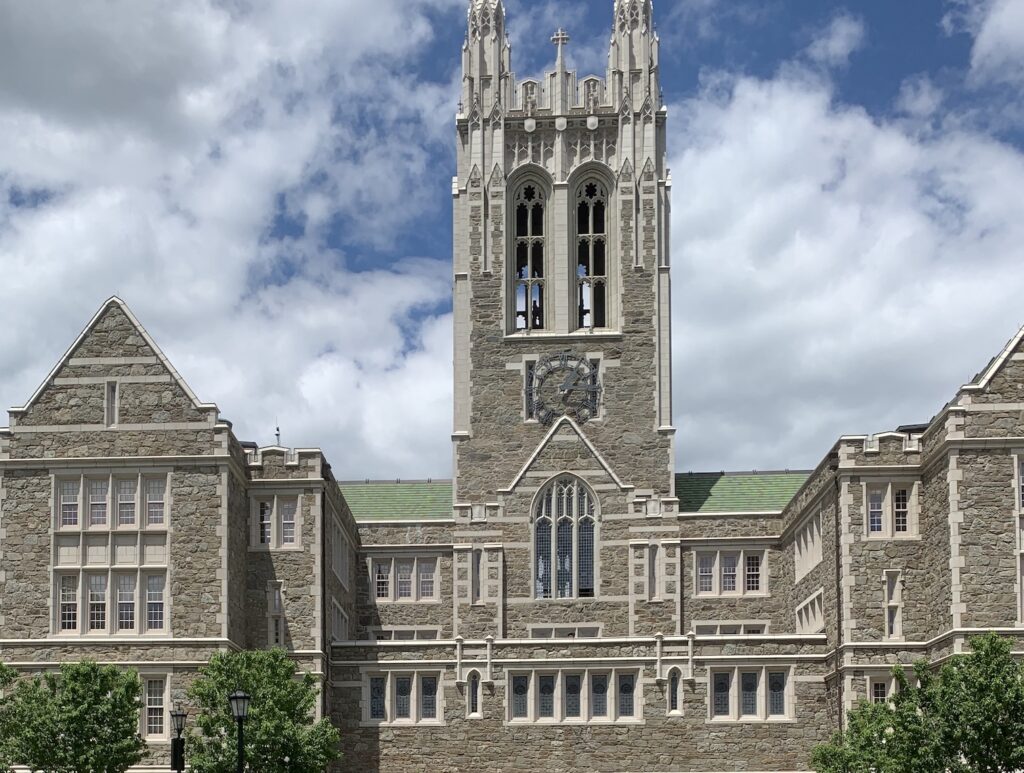
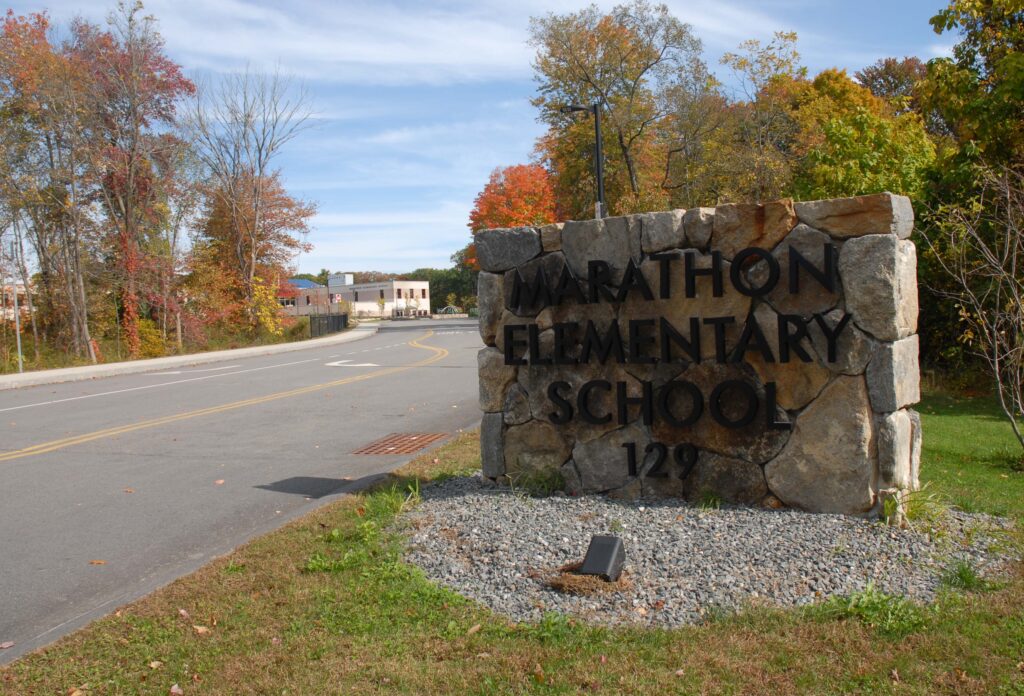
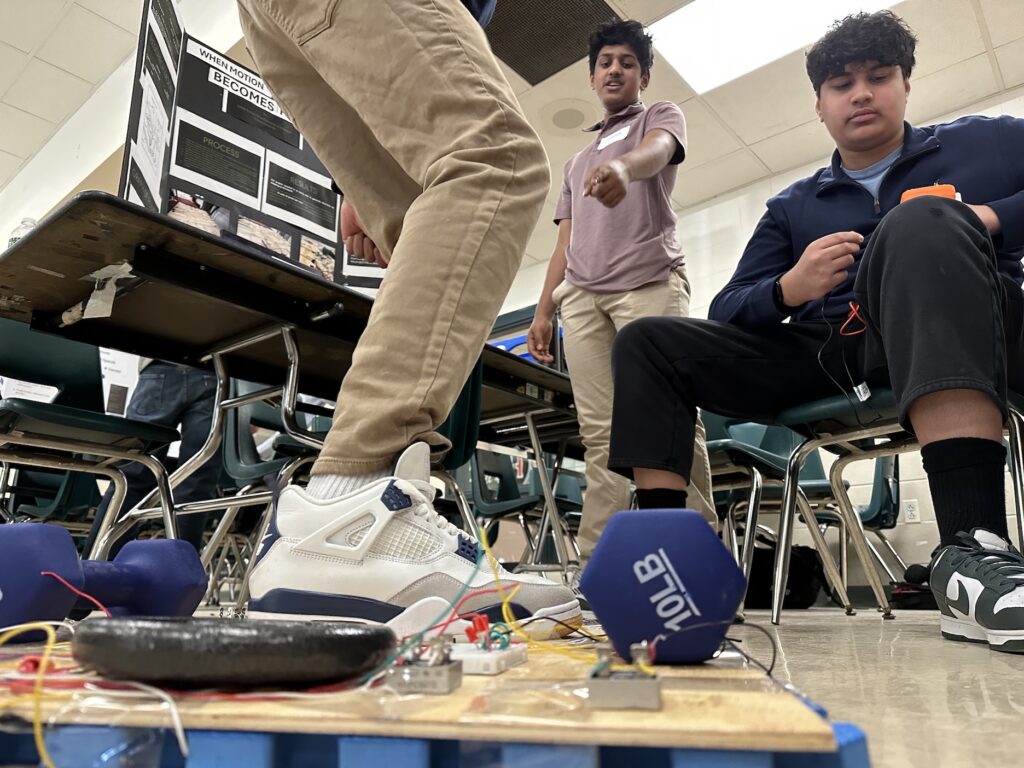
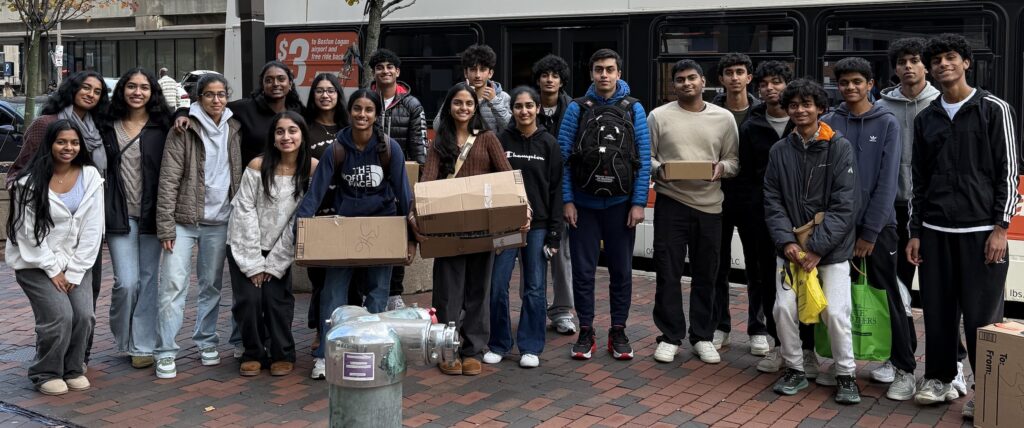
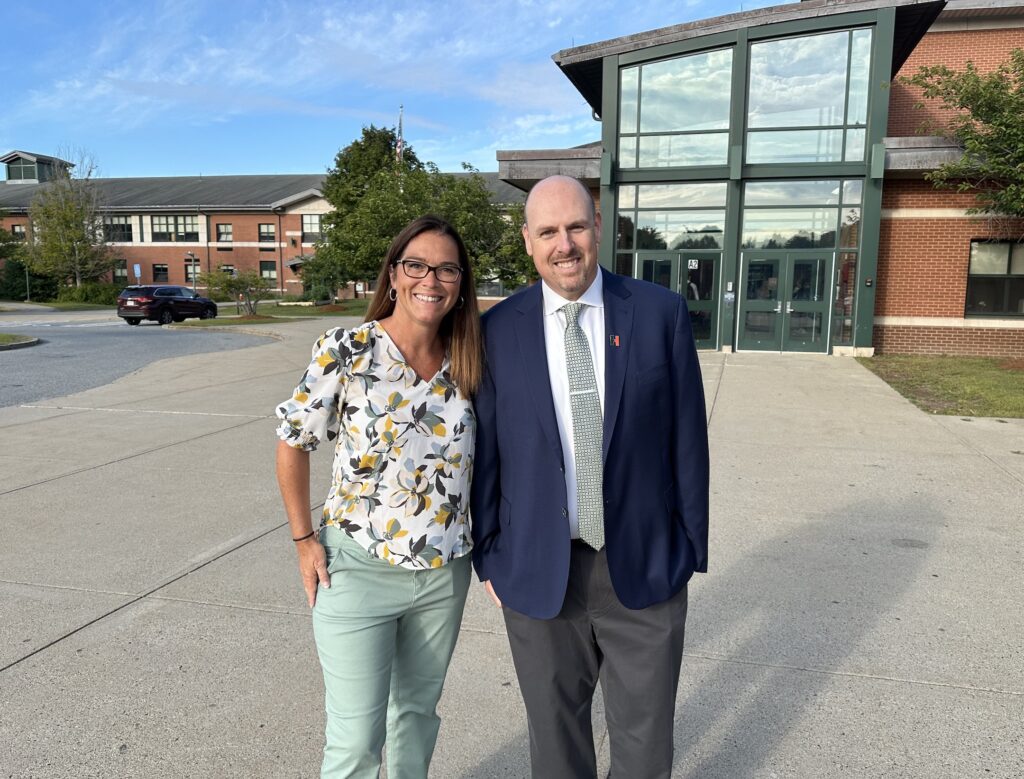













0 Comments